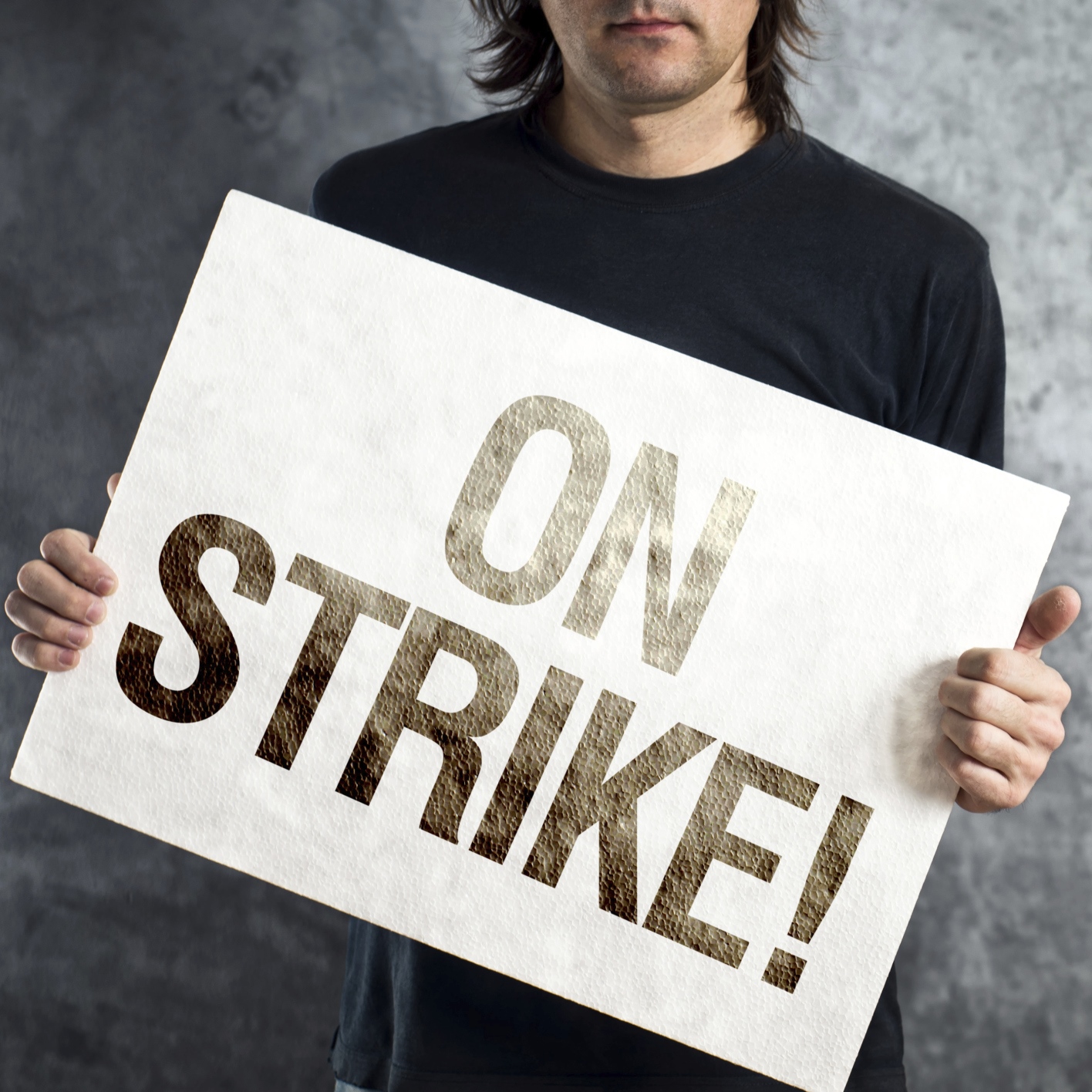
Drivers at Uber are joining the nationwide fight for a livable wage. Announced early on Monday, Uber drivers will be literally taking to the streets on Tuesday demanding a $15 wage. This fight for higher wages isn’t anything new, as workers across the fast-food and retail spectrum having been pushing for this raise for years. However, in the wake of this political season and the protesting involved, it seems more and more people are making public demonstrations to get their voices heard. The question is will this work or can it backfire?
In terms of the nitty-gritty, Uber drivers in two-dozen cities from New York to Los Angeles will be taking part in the Fight for $15’s “Day of Disruption.” Some say this will go as far as idling their cars and even risking arrest to demand an economy that works for all, not just the upper crust.
This marks the first time that Uber drivers are joining this fight with fast-food, airport, higher education home care and child care workers, whose four-year-old Fight for $15 has changed the politics of wages in the country, winning raises for 22 million.
Workers are preparing for their most disruptive protests yet to show newly elected politicians and newly empowered corporate special interests that any efforts to block wage increases, cut workers’ rights or health care, deport immigrants or support racism or racist policies will be met with unrelenting opposition.
At the San Francisco International Airport, Uber drivers intend to march with airport and fast-food workers, holding signs that read, “Your Uber Driver Is Arriving Striking.” While in Denver, the drivers will replace their Uber placards with strike signs and join other workers on an early morning strike line outside a McDonald’s restaurant. In cities like Boston, Miami and Chicago, we can expect similar demonstrations.
On the flip side, technology is continuing to obsolete some of these jobs. McDonald’s Corp. (NYSE: MCD) has been faced with this wage issue for years, and this year it has taken steps to automate some of the ordering process, essentially cutting out jobs and replacing workers with machines. Although, an increase in wages for McDonald’s is expected to cost the company $8 billion—compared with a market cap of $100 billion.
Naquasia LeGrand a McDonald’s worker from North Carolina who participated in the first Fight for $15 strike when she worked for KFC in New York City, commented:
When I walked off the job November 29, 2012, there were 200 of us and everyone said we were dreaming. It turns out a lot of people had that same dream. We are now tens of thousands, across industries. We’ve won raises for 22 million workers and today we’re more powerful than ever with Uber drivers joining us.
Uber drivers could face this problem in the future as companies like Alphabet Inc. (NASDAQ: GOOG) and Tesla Motors Inc. (NASDAQ: TSLA) are continuing to innovate driverless cars, or at least cars capable of autopilot for now. That standoff could be farther off in the future, but for now Uber needs its drivers.
It’s Your Money, Your Future—Own It (sponsor)
Are you ahead, or behind on retirement? For families with more than $500,000 saved for retirement, finding a financial advisor who puts your interest first can be the difference, and today it’s easier than ever. SmartAsset’s free tool matches you with up to three fiduciary financial advisors who serve your area in minutes. Each advisor has been carefully vetted and must act in your best interests. Start your search now.
If you’ve saved and built a substantial nest egg for you and your family, don’t delay; get started right here and help your retirement dreams become a retirement reality.
Thank you for reading! Have some feedback for us?
Contact the 24/7 Wall St. editorial team.


